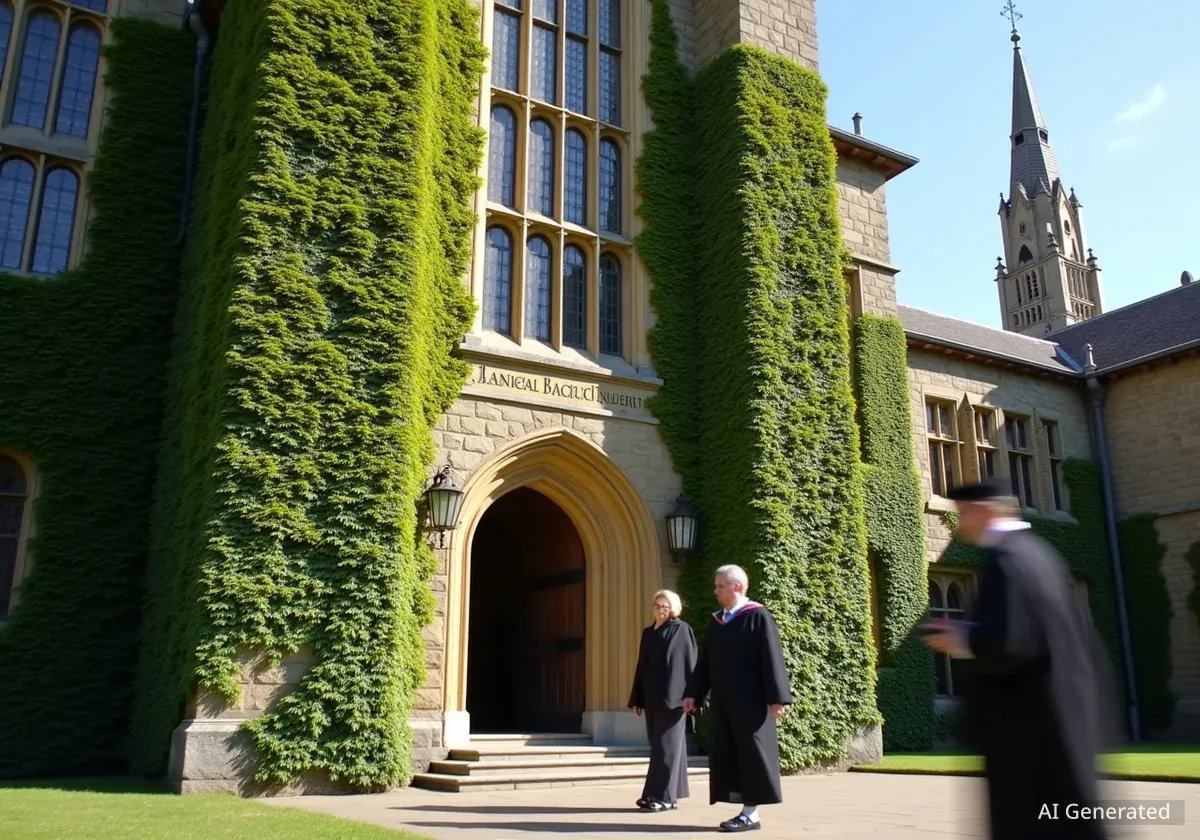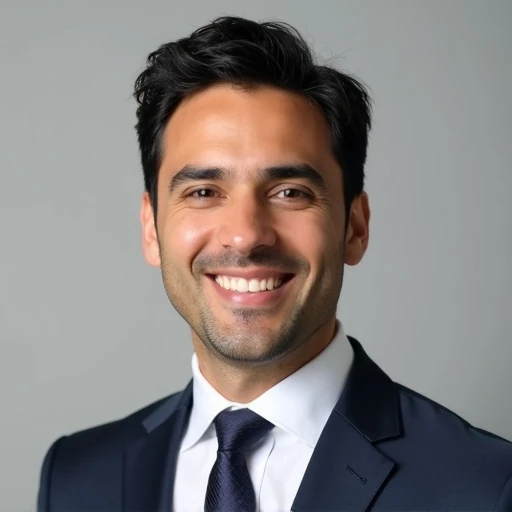Philippe M. Aghion, a former Harvard University economics professor, has been awarded the Nobel Memorial Prize in Economic Sciences for his groundbreaking research on innovation and long-term economic growth. The Royal Swedish Academy of Sciences recognized his work on the theory of “creative destruction,” a concept explaining how new technologies drive progress by replacing older ones.
Aghion shares the prestigious award with Joel Mokyr of Northwestern University. The prize includes a sum of 11 million Swedish kroner, approximately $1.1 million, which will be divided among the laureates.
Key Takeaways
- Former Harvard professor Philippe M. Aghion won the Nobel Prize in Economics.
- The award recognizes his research on “creative destruction” and its role in economic growth.
- He shares the prize, valued at around $1.1 million, with Joel Mokyr of Northwestern University.
- Colleagues at Harvard praised Aghion's energy, enthusiasm, and influential work.
A Surprising Announcement
The news came as a complete shock to Aghion. In an interview conducted just hours after the announcement, he described the moment as surreal.
"It looked like everything was becoming blurred, totally unreal for me because I never thought for a second that I would get it this year," Aghion told the Associated Press.
The prize money will be split, with Mokyr receiving half and Aghion and his research partner, Peter Howitt, each receiving a quarter share for their collaborative contributions.
Prize Details
Total Amount: 11 million Swedish kroner (approx. $1.1 million)
Distribution: Joel Mokyr will receive 50%, while Philippe Aghion and Peter Howitt will each receive 25%.
The Power of Creative Destruction
Aghion’s research revitalized an economic concept first introduced by Joseph A. Schumpeter, a renowned Harvard economist from a previous generation. The theory of creative destruction posits that economic growth is not a smooth, continuous process but rather a disruptive one.
New innovations, such as the smartphone replacing the landline or streaming services displacing video rental stores, are the primary engines of this growth. While these new technologies create new industries and jobs, they also render old ones obsolete.
Understanding the Theory
In his work, Aghion explained that for creative destruction to be successful, it must have two key effects:
- A positive externality on future innovators who build upon the new technology.
- A negative externality on the established companies and technologies that are displaced.
This framework helped create a new model for understanding how economies evolve and grow over time.
Praise from Former Colleagues
News of the award was met with enthusiasm at Harvard, where Aghion taught from 2000 to 2015. His former colleagues remembered him for his intellectual vigor and passion for economics.
Oliver S.D. Hart, a Harvard economics professor who won the Nobel Prize in 2016, expressed his excitement over the decision.
"I am absolutely delighted. Philippe has enormous energy and enthusiasm and has been hugely productive," Hart wrote. "I have no doubt that he will continue to do important and influential work for years to come."
Another colleague, Harvard Economics professor David I. Laibson, recalled the dynamic nature of working with Aghion.
"Every interaction was an exciting intellectual journey with Philippe," Laibson said. "He is full of ideas. He is full of energy. His enthusiasm for economics is overflowing."
Laibson also noted the immediate impact of Aghion's research, stating that his seminal 1992 paper was so significant "that it was being taught in the leading courses of the field years before it actually reached the stage of publication."
An International Career
Aghion's path to the Nobel Prize was marked by a distinguished international career. After earning a bachelor's degree in mathematics in his native France, he came to the United States to complete a doctorate in economics at Harvard University.
His academic journey included positions at several prestigious institutions:
- Massachusetts Institute of Technology (MIT)
- European Bank for Reconstruction and Development in London
- University College London
- Harvard University (2000-2015)
- London School of Economics (2015-present)
Despite the numerous accolades and decades of influential publications, Aghion remains driven by a fundamental love for his work. He emphasized that the pursuit of knowledge, not awards, has always been his primary motivation.
"You don’t do research for the Nobel Prize," he said. "You do research because you follow your curiosity, because you push an agenda, because you push a line of research."
His work continues to shape how economists and policymakers understand the vital role of innovation in fostering a prosperous and dynamic global economy.





